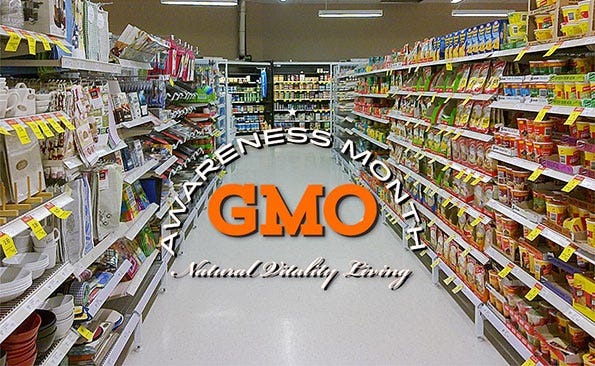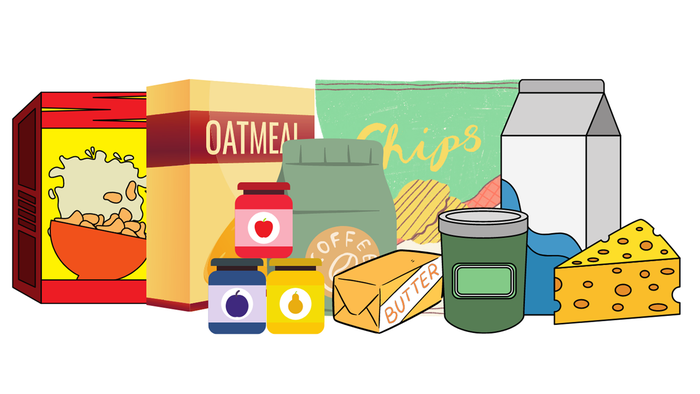9 tips for helping shoppers be GMO-free
Until labeling legislation gets passed—and we here at NVL believe it will—consider these tips for finding GMO-free foods without getting a PhD in food science.
October 2, 2013

 Genetically Modified Organisms can feel like a heavy burden. Many of us just feel too overwhelmed to take on another criteria to consider when grocery shopping. Without a proper label, how can one even know what’s got GMOs and what doesn’t?
Genetically Modified Organisms can feel like a heavy burden. Many of us just feel too overwhelmed to take on another criteria to consider when grocery shopping. Without a proper label, how can one even know what’s got GMOs and what doesn’t?

Click here to download our digital guide, GMOs: What you need to know.
Many consumers and even high-powered politicians feel your pain and are demanding labeling for any GMO products. As concern and outrage spread, more solutions arise. It’s easier now than ever to make GMO-free food choices. So until labeling legislation gets passed—and we here at NVL believe it will—consider these tips for finding GMO-free foods without getting a PhD in food science.
Shopping GMO-free:
Opt for certified organic products, because they cannot intentionally include any GMO ingredients. Buy products labeled “100% organic,” “organic” or “made with organic ingredients.”
Look for products with the “Non-GMO Project Verified” seal, which means that product has been independently verified non-GMO. The Non-GMO Project verifies per individual product, not for an entire brand.
Most livestock are fed GMO alfalfa, corn and soy, so it is best to choose organic or Non-GMO Project–verified meat, eggs and dairy.
Contact your favorite brands if they aren’t part of the Non-GMO Project and request that they become so.
Packaged goods like cereal, frozen dinners, condiments and snack foods, among others, are likely to include ingredients derived from corn, soy and canola—all heavy GMO crops; so keep your eyes out for organic options here.
Dairy products may be from cows injected with GM bovine growth hormone. Look for labels stating, “No rBGH, rBST, or artificial hormones.”
If it’s not labeled organic or verified non-GMO, avoid products made with ingredients that might be derived from GMOs. The eight GM food crops are corn, soybeans, canola, cottonseed, sugar beets, papaya from China or Hawaii (most), and a small amount of zucchini and yellow squash. GM alfalfa is also fed to livestock.
Sugar: If a nonorganic product made in North America lists “sugar” as an ingredient (and NOT pure cane sugar), then it is almost certainly a combination of sugar from both sugar cane and GM sugar beets.
Milk or soy protein is the basis of most infant formulas. The secret ingredients in these products are often soy, or milk from cows injected with rBGH. Many brands also add GMO-derived corn syrup, corn syrup solids or soy lecithin. Earth’s Best and Happy Baby both make infant formulas that are Non-GMO Project verified.
You May Also Like


